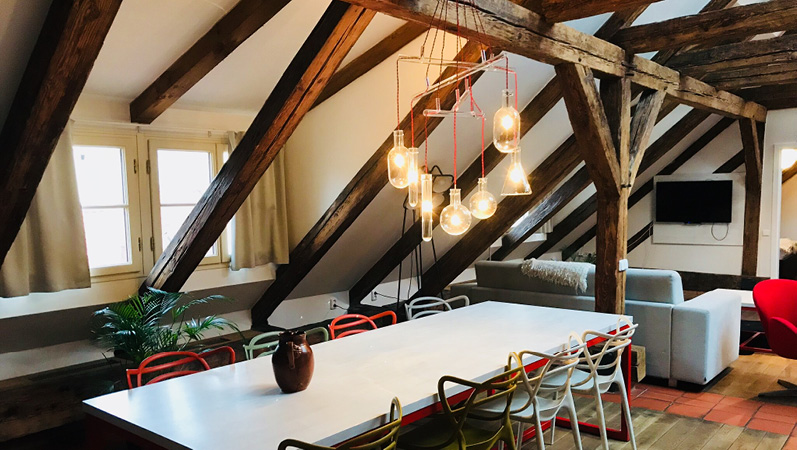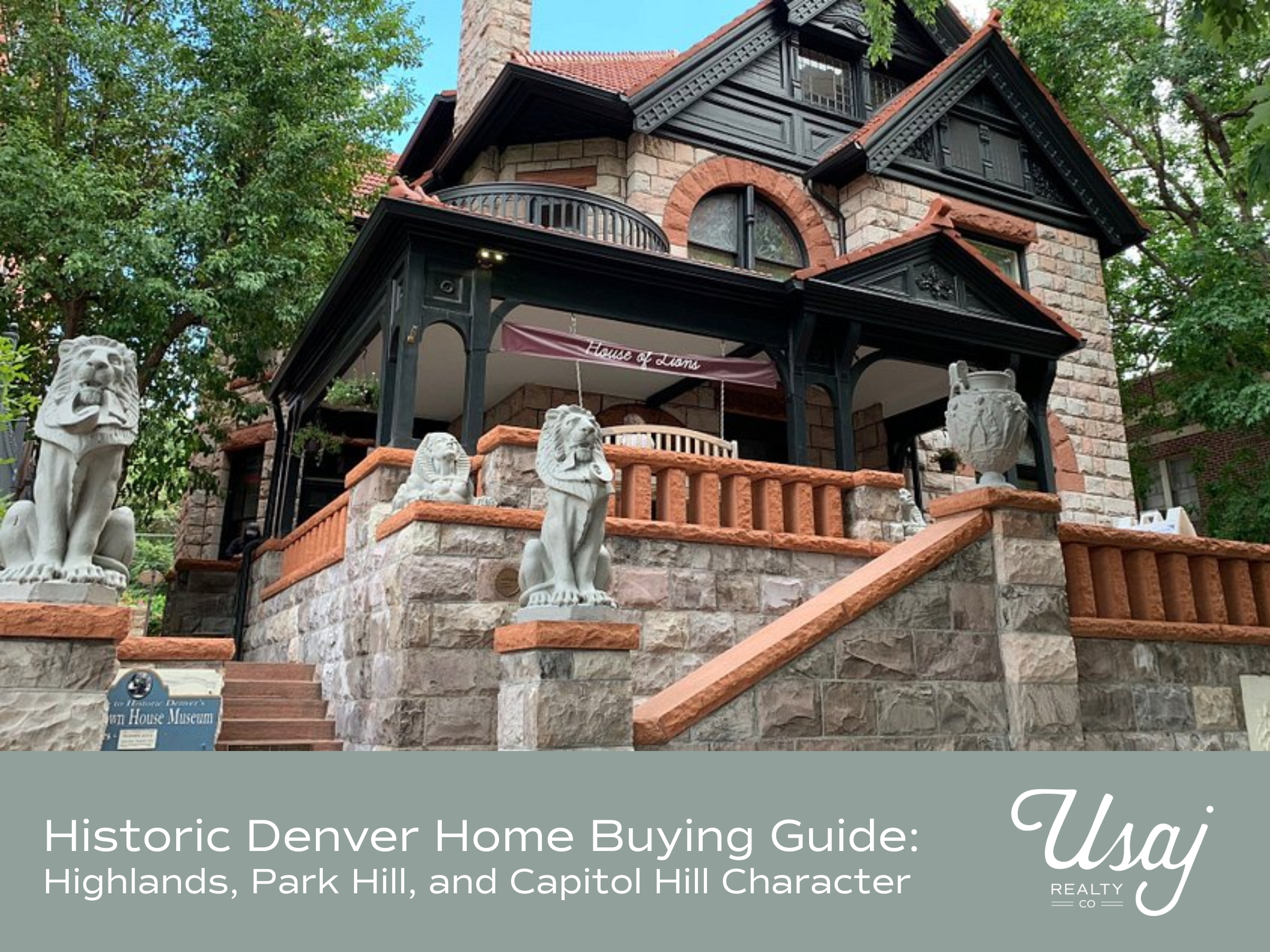Ins and Outs of Airbnb and Other Rental Platforms
The sharing economy is alive and well, and has entered into its second decade of helping people gain access to goods and services via online rental platforms (yes, AirBNB). From sharing rides to housing, the public is recognizing both the benefits of these arrangements that often include reduced costs, flexibility and an enhanced experience.
The travel and vacation industry has seen an explosion of users of the shared economy. Millions of people are now taking advantage of booking single family homes, condos and townhomes through short-term rental platforms.
According to Muchneeded.com, Airbnb has about 150 million users and more than 260 million guests have booked and stayed in Airbnb properties across the world. Currently, Airbnb has more than 5 million listings worldwide.
By offering people a variety of accommodations when traveling for business or pleasure, online short-term rentals have opened up a whole new way for people to enjoy their time away from home. No longer stuck with hotel rooms or expensive property-managed condos, travelers enjoy flexibility and often less expensive lodging options through Airbnb and other online rental platforms.
For people who have second homes, having the opportunity to rent out their properties when they aren’t using them provides extra income and security knowing that the home isn’t sitting vacant. Property owners can select the time frames they’ll be using their home and rent it out the rest of the time. This is an easy way to help pay off your mortgage, build equity and invest in your future.
Why not put your investment to work when you’re not using it?
If you’ve been curious about how Airbnb and other home rental platforms work, here are some questions and answers to some of the commonly asked questions.

What are Airbnb, VRBO, Home Away and other rental platforms?
All of these online service providers offer opportunities for homeowners to rent out their properties, typically for short-term stays. From a weekend to a several month stay, homeowners can offer up their residences to people looking for a vacation rental or business travelers.
Why would someone want to stay in my property?
Well, why not! Whether your home is at the base of a ski area or a secluded cabin, people search for all kinds of vacation experiences. Also, everyone has a different budget and your home might be exactly what someone is looking for. Many business and vacation travelers today are looking beyond hotel accommodations and want an experience that is a bit more personalized and unique.
How does the process work?
Typically, the hosting platform takes a 3-5 percent commission when a reservation is confirmed. Booking criteria varies as to when/if a downpayment is required and when final payment is due. All rental payments are received online and the homeowner is usually paid within 24 hours after the guests check in. Payment is made in a variety of ways: direct deposit, PayPal, etc.
Many rental platforms ask for a minimum number of days your property is available to rent over a 12 month period of time.
As a host, you are expected to be prompt in responding to rental inquiries and requests. Your property should be described accurately and illustrated with attractive photos. Don’t forget to include on-site as well as nearby amenities and proximity to local attractions.
What about local licensing and taxes?
Many communities have or are in the process of clamping down on unlicensed properties that are rented out on a short-term basis. For example, the city of Vail requires an affidavit be filled out, stamped by a notary and signed by the property owner. In addition, the property owner must have a personal representative who lives within an hour’s travel time and will be responsible for the property in case of an emergency. Furthermore, an official application and registration form must be completed and approved before any home can be listed and rented.
Finally, keep in mind that local sales taxes must also be paid on any rental. You’ll have to check with the local government agencies to find out when sales taxes are due, how to pay and what percentage you can expect to pay.
What are my responsibilities?
As the owner of a short-term rental, you’ll be expected to have essential supplies provided for your guests. A well-stocked home shows pride of ownership and is likely to guarantee return customers.
At the very least, you should have plenty of toilet paper, hand soap and sanitizer, shampoo and hair conditioner, dishwasher soap, laundry detergent and fabric softener (assuming there is a washer/dryer on the premises), paper towels, and adequate bed linens and blankets. A kitchen that has a full-array of cooking and baking utensils is a must, especially if you are expecting families and other large parties who may not want to eat out.
You may want to check what food items (if any) may be allowed to be on the premises. Kitchen essentials like salt and pepper, sugar and spray oils are much appreciated by guests, as long as the items don’t violate any local codes.
You’ll have to line up housekeeping staff to clean your rental following any stay and have it ready for the next occupant. While they are on site, you may want them to check for any damage and make sure that all the appliances are in working order. Also, don’t forget to flip on all the light switches and make sure that the light bulbs are operating.
Finally, make sure you have adequate insurance coverage on your home. If you are planning to rent out your home, you’ll need to discuss this with your agent and learn what the additional costs will be. Many insurance companies now offer home-sharing insurance policies as well as special endorsements for your existing homeowners insurance policy. Airbnb also offers host protection insurance as well as host guarantee coverage.





